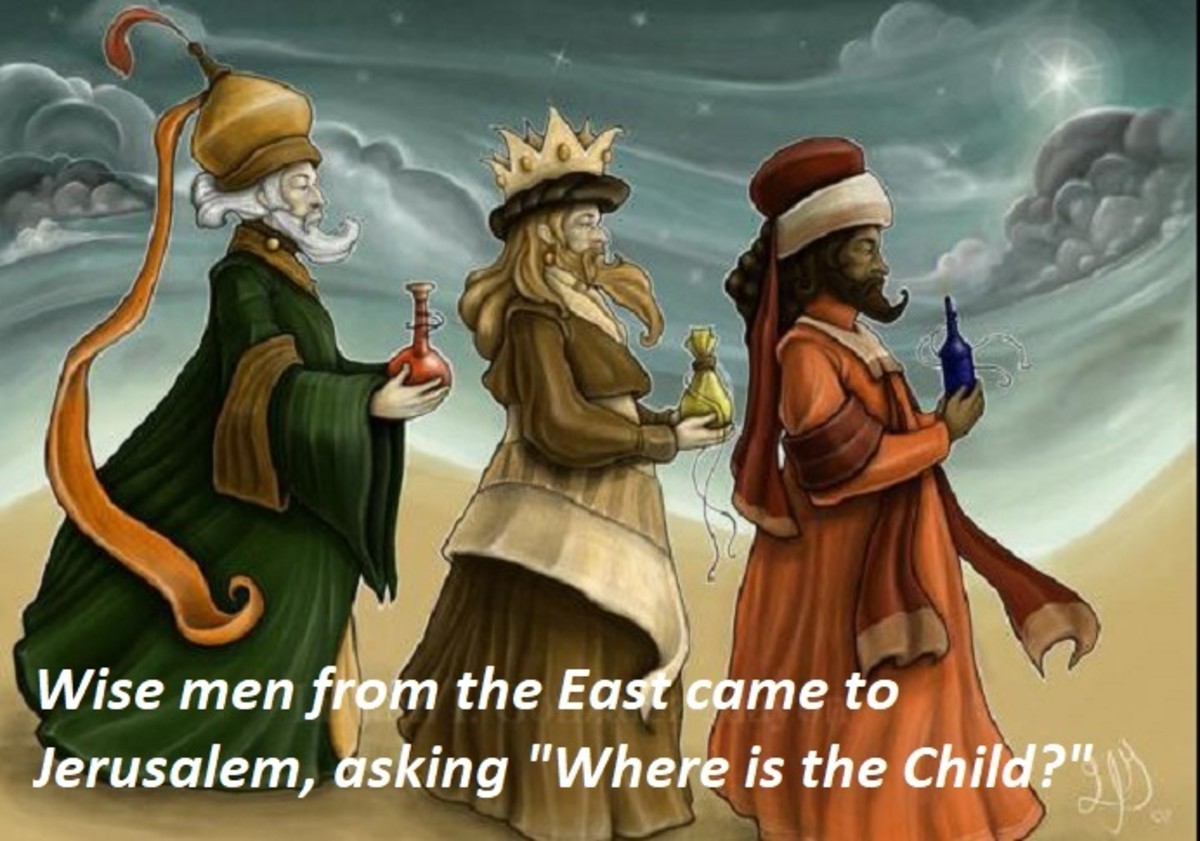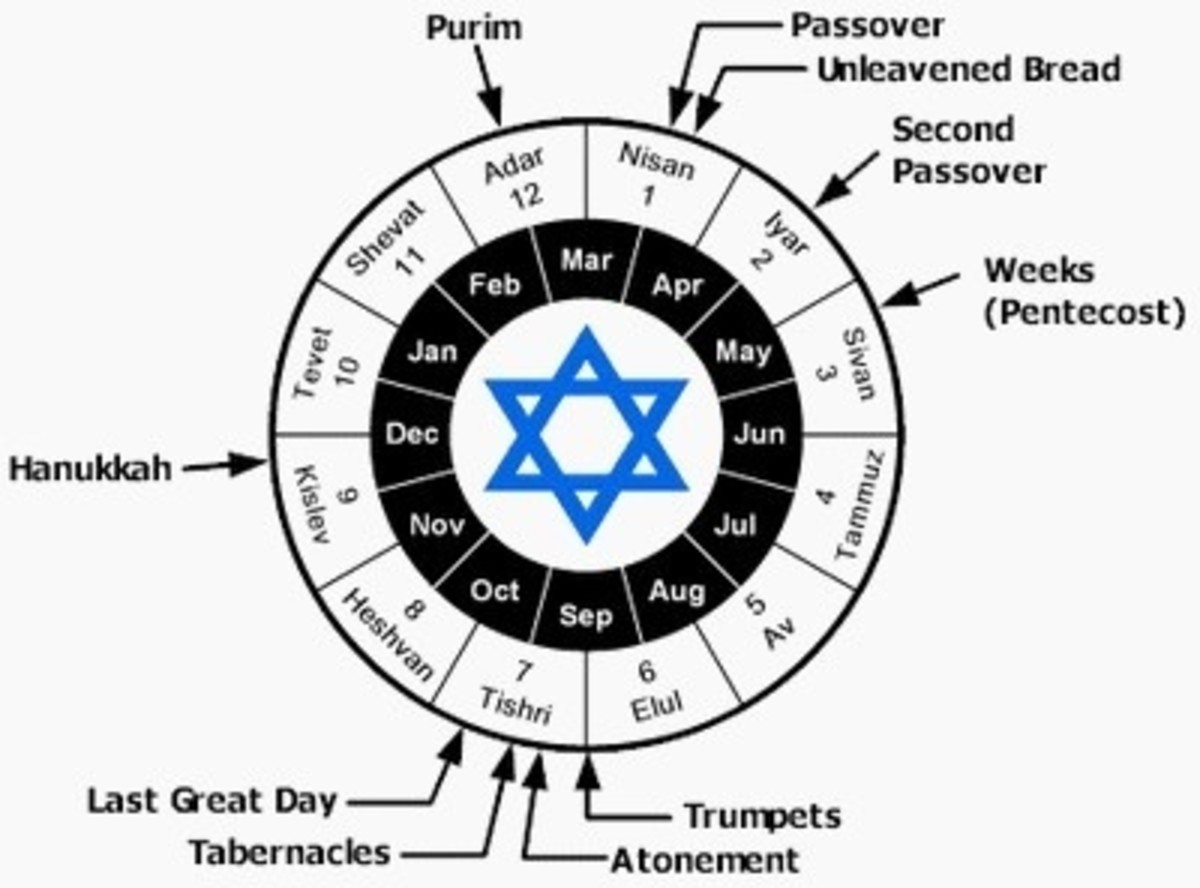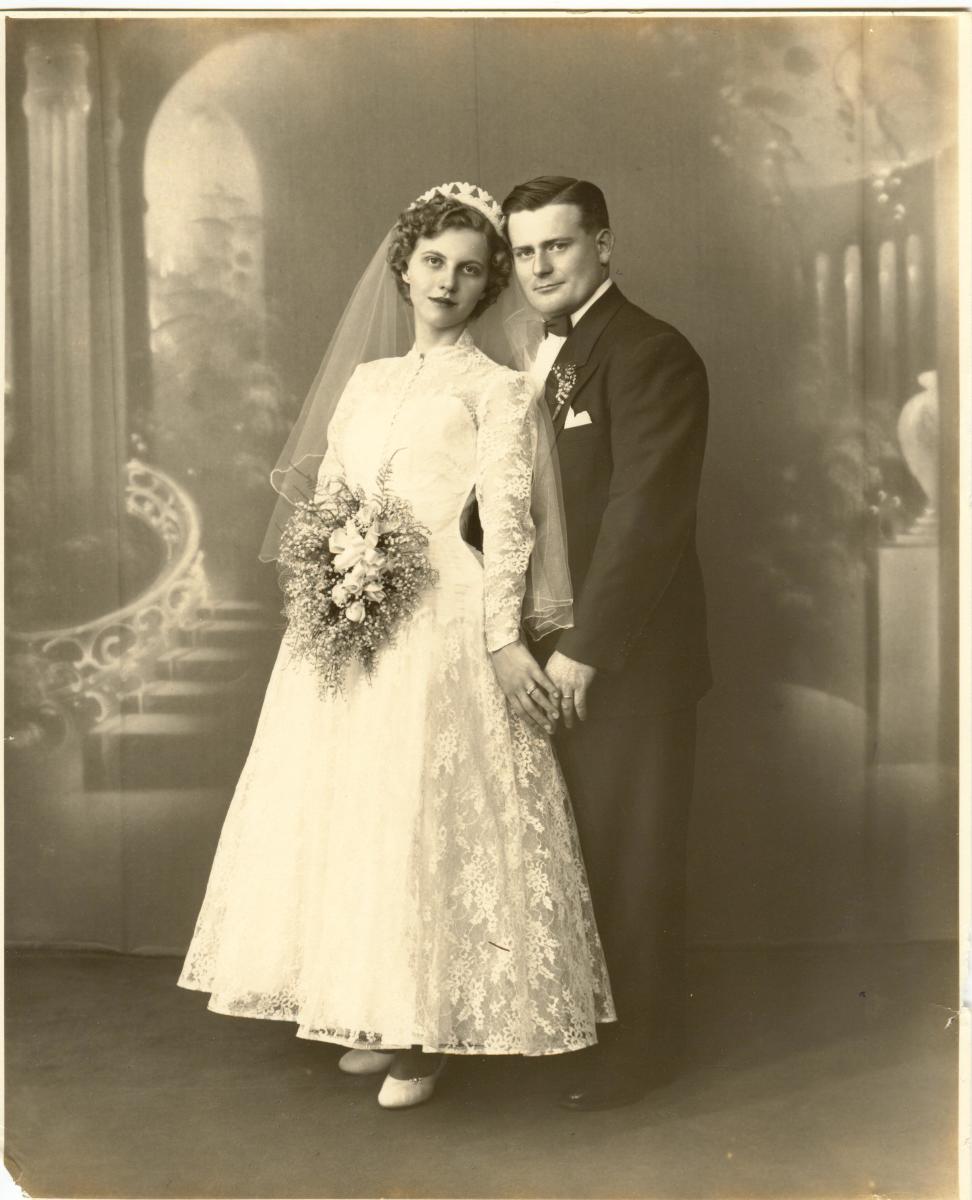April Fools Day
"The first of April is the day we remember what we are the other 364 days of the year." Mark Twain
The origins of April Fools' Day or All Fools' Day appear to be lost in time.
Humor is a part of life and most people enjoy a good laugh. Of course life has its serious side as well and if no one took life seriously, not much would get done.
So, as with other things that are needed to keep society running smoothly, customs and unwritten codes of behavior were developed.
For serious things, laws have been established with punishment for legal transgressions.
However, societies tend to operate in a more informal manner with rules enforced through social stigma rather than legally prescribed punishments.
Since, as the old saying goes all work and no play makes Jack a dull boy (and the same for Jill), societies throughout history have made exceptions by having certain days or times when the normal rules are relaxed or suspended.
Do you play pranks (or have them played on you) on April Fools Day?
A Day When Otherwise Outlandish Pranks and Jokes are Ok
April Fools' Day appears to be one of these days when pranks and jokes, that would be frowned upon at other times are allowed and even encouraged. People play practical jokes on one another and news organizations publish outlandish fictitious stories.
There is no record of April first, or any other day being declared a day for pranks or even as a day to honor fools.

Fools and Pranksters Have Always Been Around
Fools, of course, have existed as a separate class or profession since earliest times. There has been a Tarot card for the fool since ancient times.
In times past mentally handicapped people were often considered fools.
This was a mixed blessing of sorts as, on one hand they were subject to humiliation for the amusement of the populace.
However, on the other hand, mentally handicapped people were usually recognized as not being fully responsible for what they said and did and were accordingly allowed to get away with saying and doing things that would get others in trouble.
In the Middle Ages people began to train as fools. Known as Court Jesters, these people entertained royalty with their antics.
In addition to the usual slapstick and other types of humor, jesters developed the art of satire and, using satire, were able to get away with mocking people and institutions in ways that, if they had been ordinary people saying or doing such things, would have been thrown into jail or worse.
April First Is One of Those Days When Foolish Pranks Are Socially Acceptable
In addition to the existence of fools as a class since earliest times, most societies have also always had certain times of the year when the normal rules of society were relaxed and people were allowed, even encouraged, to act out.
Among the Celts of ancient Ireland the day that we now celebrate as Halloween was one such time when everyone relaxed and acted silly.
Similarly, among the Christmas traditions of the medieval English court was the practice of selecting a particular noble to run the festivities as the Lord of Misrule.
Everyone, including the king, would join in the fun of mocking the monarchy and other institutions. Of course the rules were just relaxed, not totally suspended, and going too far by the Lord of Misrule or other party goers could result in problems later.
This custom of a Lord of Misrule actually dates back to Roman times and other European countries during the Middle Ages practiced a similar custom at various times of the year depending upon the region.
Why April 1st?
Given all of this, how did April First come to be the day for fools in our time?
The simple answer is we don't know.
The best theory I have found relates to the sixteenth century when France became the first nation to adopt the changes to the calendar instituted by Pope Gregory XIII in 1582.

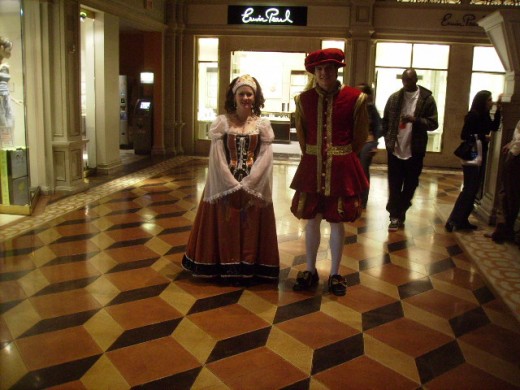

This calendar, known as the Gregorian Calendar because it was first introduced by Pope Gregory XIII, advanced the date by 10 days, made important, but minor, adjustments to the calculation of leap years, and designated January 1st as the start of each year.
The previous calendar, known as the Julian Calendar after the Roman Emperor Julius Caesar who had instituted it in 45 B.C., was steadily diverging from the solar year and this is why the new calendar was instituted.
The Julian calendar also used January 1st as the start of the New Year. However, the start of a new year has, from ancient times, been a time for celebrating and many of the pre-Christian traditions associated with the ancient Roman New Year's celebrations continued to be celebrated after Christianity became the religion of the West.
Instead of absorbing and putting a Christian spin on these activities as their predecessors in the early Church had done with other pagan religious festivals such as Christmas, Halloween, etc., many medieval church leaders attempted to erase the practices by decreeing that January 1st was no longer the start of the New Year.
So, for a period during the Middle Ages, the start of the New Year varied from region to region with many using the ancient custom of observing the Vernal Equinox (start of Spring) as the start of the New Year. The customs and traditions of the New Year's celebration remained basically the same, only the date changed. And here is where April 1st appears to have evolved into April Fools Day.
Kings and Governments may decree but people don't necessarily follow, even when the government's decree actually makes sense. This was the case when the French King Charles IX had France adopt the new Gregorian Calendar when it was introduced in 1582.
News traveled slowly in those days and, in some rural areas, word of the new calendar did not reach them for years and, even when they did learn of the change, many people refused to accept the change and continued to celebrate the New Year on March 25th with the festivities running through April 1st.
As the calendar became more widely accepted in cities and towns, people began referring to the rural folk who clung to the old ways as fools. Gradually, everyone came around to accepting the new calendar and, just as gradually, April 1st began to emerge as April Fools Day.
The custom spread and April Fools Day has now become an unofficial holiday for pranks.

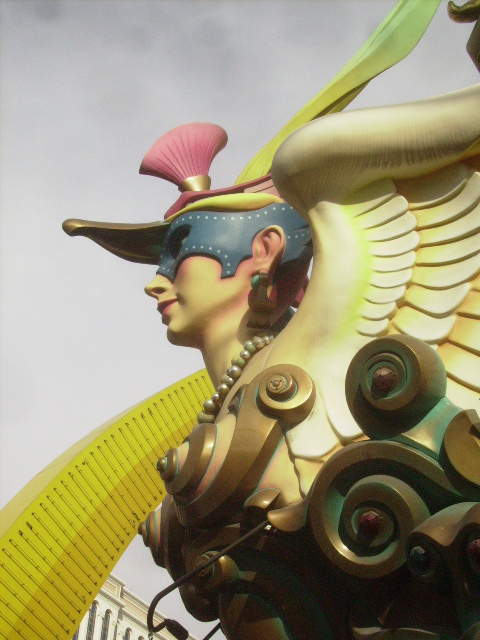
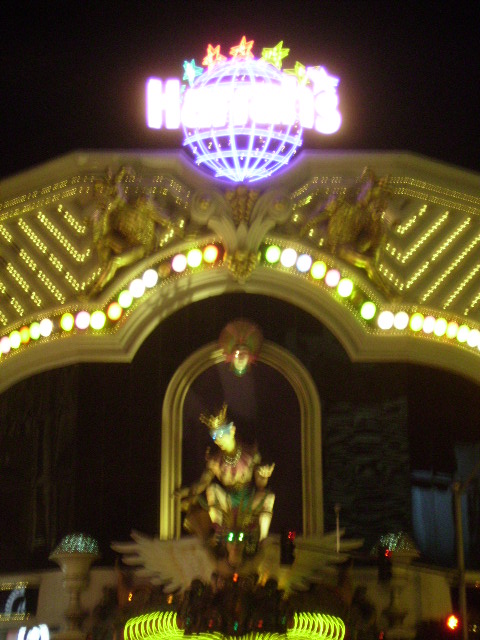
Links to Some Media April Fools Pranks
- HubPages 2012 April Fools Day Blog Post
Check this 2012 Post by the HubPages staff on the HubPage Blog. Be sure to keep in mind while reading that this is just an April Fools prank piece. - Google's April Fool Prank
April First is celebrated as April Fool's Day. In recent years the media has joined individuals in the playing of pranks. In 2007 Google offered a free Internet service known as TiSP which utilized the local sewage system, with household toilets as
© 2007 Chuck Nugent




